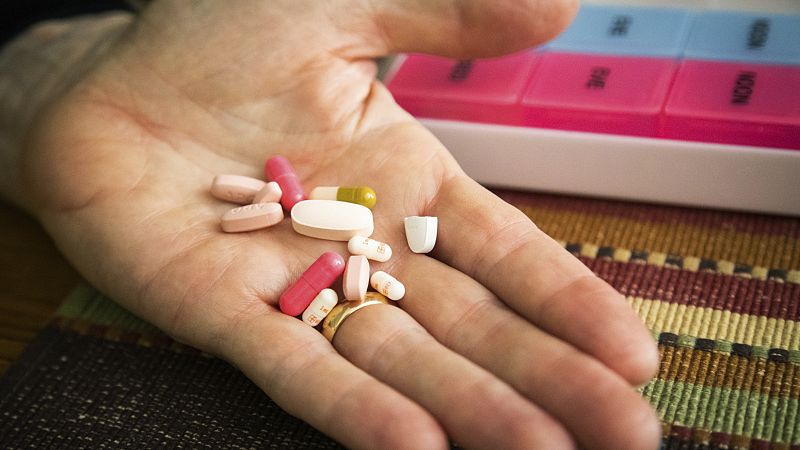EU isn’t cutting antibiotic use fast enough, health agency says

The European Union must do more to stop needless antibiotic use across all levels of healthcare to avoid dangerous levels of microbial resistance, according to a study published on Monday by the European Centre for Disease Prevention and Control (ECDC).
Antimicrobial resistance contributed to nearly 5 million deaths in 2019, and health experts warn that, by 2050, over 39 million people could have died from antibiotic-resistant infections.
The worry is that bacteria, viruses, fungi and parasites are evolving to resist the effects of drugs, making infections more difficult to treat. The main cause of resistance is overuse or misuse of antibiotics.
The ECDC's latest report, which analyses antibiotic consumption in the EU during 2023, reveals that efforts to reduce usage are falling short: between 2019 and 2023, no EU country showed a significant downward trend.
Despite some progress, "Europe is still trending in the wrong direction," said Pamela Rendi-Wagner, ECDC's director, during the presentation of the data.
Of the 24 member states that provided data consistently across the period, 14 – Bulgaria, Croatia, Czechia, Denmark, Estonia, Italy, Latvia, Lithuania, Malta, the Netherlands, Portugal, Romania, Slovakia, and Slovenia – actually reported higher antibiotic consumption in 2023 than 2019.
The report also highlights an increase in the use of reserve antibiotics in hospitals, which rose to 5.4% of total consumption in 2023 from 3.4% in 2019. The World Health Organisation says those antibiotics should only be used as a last resort for treating infections caused by due to multi-drug-resistant organisms.
That could reflect a greater need to treat resistant bacteria but may also suggest countries need to reassess guidelines for using reserve antibiotics, the ECDC said.
The report underscores the EU's sluggish progress towards 2030 targets set last year by the European Council’s.
By 2030, compared to 2019, there should be a 20% reduction in total antibiotic consumption by humans, with 65% of the antibiotics consumed coming from the “access” class that are deemed less likely to cause resistance, EU leaders said.
Today

